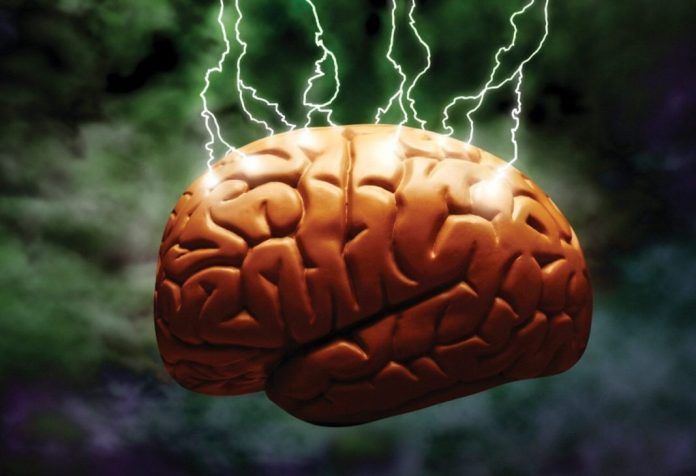Electroconvulsive therapy (ECT) is a procedure in which electric currents are passed through the brain, to cause changes in brain chemistry that can quickly reverse symptoms of mental illnesses. ECT is a safe way to treat psychiatric illness and is given to people while they’re under general anesthesia.
Why it’s done
Electroconvulsive therapy (ECT) can provide rapid, significant improvements in severe symptoms of a number of mental health conditions such as:
Severe depression, particularly when accompanied with a desire to commit suicide, especially when the condition does not improve with medications
Bipolar disorder, with severe manic symptoms and psychosis.
Agitation and aggression in people with dementia, which can be difficult to treat and negatively affects the quality of life.
In some cases ECT is used:
- During pregnancy, when medications can’t be taken because they might harm the developing fetus.
- In older adults who can’t tolerate drug side effects.
- When ECT has been successful in the past.
Before having the first ECT treatment, the patient needs a full evaluation, which usually includes:
- A medical history
- A complete physical exam
- A psychiatric assessment
- Basic blood tests
- An electrocardiogram (ECG) to check their heart health.
These exams help make sure that ECT is safe for the patient.
People begin to notice an improvement in their symptoms after two or three treatments with electroconvulsive therapy. Full improvement may take longer. Response to antidepressant medications, in comparison, can take several weeks or more.
ECT is most effective in people who receive a full course of multiple treatments.
Dr. Nada Mohamed
(Psychiatry Specialist)
Bahrain Specialist Hospital

